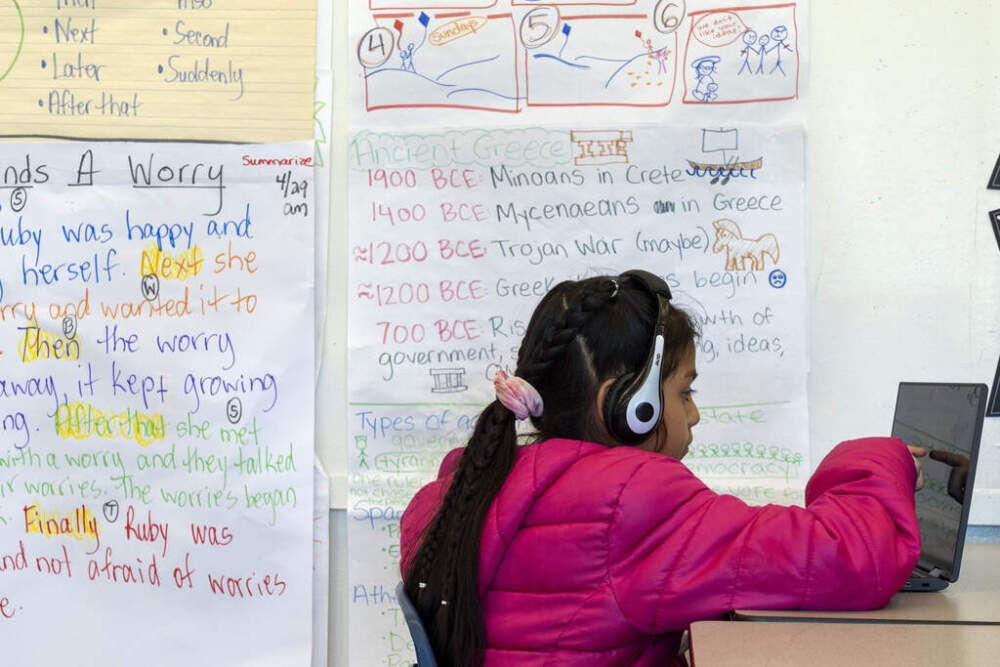In recent years, educational institutions have increasingly turned to technology as a solution to enhance learning experiences, spending billions annually on various tech tools and platforms. However, the efficacy of these investments in genuinely improving student learning outcomes remains a topic of heated debate among educators and policymakers.
Questionable Effectiveness
Despite the promises of educational technology to revolutionize learning environments, its actual impact on student achievement is often underwhelming. Critics argue that while technology can indeed offer benefits such as increased accessibility and student engagement, it frequently fails to address more pressing issues like educational inequality. The disparity in access to technology between affluent and underprivileged schools can inadvertently widen the educational gap rather than bridge it.
Exacerbating Disparities
One of the primary concerns is that technology, instead of being an equalizer, may exacerbate existing disparities. Schools in wealthier districts are better positioned to integrate sophisticated tech solutions effectively, while underfunded schools struggle to maintain even basic technological infrastructure. This imbalance can lead to a scenario where students in less affluent areas are left behind, further entrenching systemic educational inequalities.
Distraction from Core Goals
Another significant issue is the potential for technology to distract from core educational goals. With the allure of interactive gadgets and digital platforms, there is a risk that the focus shifts from fundamental learning objectives to merely utilizing new tools. This can lead to a superficial engagement with educational content, where the medium overshadows the message. As one educator put it,
"The danger lies in mistaking the use of technology for genuine educational progress,"highlighting the need for a balanced approach to tech integration.
Need for Better Integration and Evaluation
To harness the potential of educational technology effectively, experts emphasize the necessity for better integration and rigorous evaluation of tech tools within the educational framework. This involves not only assessing the direct impact on learning outcomes but also considering the broader societal implications of tech use in education. A strategic approach that aligns technological adoption with educational goals and addresses underlying inequities is crucial for realizing the true benefits of technology in classrooms.
Originally published at https://www.wbur.org/onpoint/2025/03/06/education-technology-tech-classroom-laptops
ResearchWize Editorial Insight
Educational technology is not the panacea it claims to be.
This article is crucial for students and researchers because it challenges the prevailing narrative that technology is inherently beneficial in educational settings. It raises critical questions about the actual impact of tech investments on learning outcomes and highlights the risk of exacerbating educational inequalities.
For students, understanding these dynamics is vital. It encourages them to critically assess the tools they use and recognize the broader systemic issues at play. For researchers, the article underscores the need for rigorous evaluation of educational technologies. It calls for studies that go beyond surface-level metrics and examine long-term effects on educational equity and achievement.
Are we too quick to embrace technology without scrutinizing its real benefits? Can tech truly level the playing field, or does it deepen existing divides? As educational institutions continue to pour resources into technology, these questions demand urgent attention.
Looking Ahead
Bold Claim: AI Will Reshape Education, But Not Without Collateral Damage
As we stand on the precipice of an AI-driven educational revolution, it's crucial to acknowledge both the opportunities and the risks. AI is poised to transform how we teach and learn, but without careful oversight, it could also reinforce existing inequalities and distract from core educational values.
1. Redefining Curriculum: The traditional curriculum is on the verge of obsolescence. AI can tailor learning experiences to individual students, but will our educational institutions adapt swiftly enough to incorporate these capabilities? If regulators lag, students may miss out on personalized education that could unlock their potential.
2. Teacher Training and Support: Educators will need robust support and training to leverage AI effectively. This isn't just about learning to use new tools, but understanding how AI can complement human intuition and empathy in teaching. Will teacher training programs evolve quickly enough to prepare educators for this shift?
3. Ethical Implications: The use of AI in education raises significant ethical questions. Who owns the data generated by students' interactions with AI? How do we ensure student privacy and data security? Policymakers must address these questions urgently to prevent misuse and exploitation.
4. Bridging the Digital Divide: AI has the potential to democratize education, but only if access is equitable. What happens if underfunded schools remain excluded from AI advancements? Strategic investments are needed to ensure that all students benefit, not just those in affluent districts.
5. Continuous Evaluation and Adaptation: As AI tools become more prevalent, ongoing evaluation of their impact on educational outcomes is essential. Are they truly enhancing learning, or merely adding layers of complexity? Regular assessments and willingness to adapt will be key to navigating the AI-education landscape.
In conclusion, while AI offers promising avenues for enriching education, it is imperative that we approach its integration with caution and foresight. The decisions we make now will shape the educational experiences of future generations. Will we rise to the challenge and harness AI's potential responsibly, or will we allow it to perpetuate existing disparities and distract from true educational progress? The choice is ours, but the clock is ticking.
Originally reported by https://www.wbur.org/onpoint/2025/03/06/education-technology-tech-classroom-laptops.
Related Articles
- Brazil EdTech Market Size, Share, Growth, Trends, Report 2025-2033
- Three Seed Grants Awarded for Generative AI and Education Research
- Medical schools move from worrying about AI to teaching it
📌 Take the Next Step with ResearchWize
Want to supercharge your studying with AI? Install the ResearchWize browser extension today and unlock powerful tools for summaries, citations, and research organization.
Not sure yet? Learn more about how ResearchWize helps students succeed.

